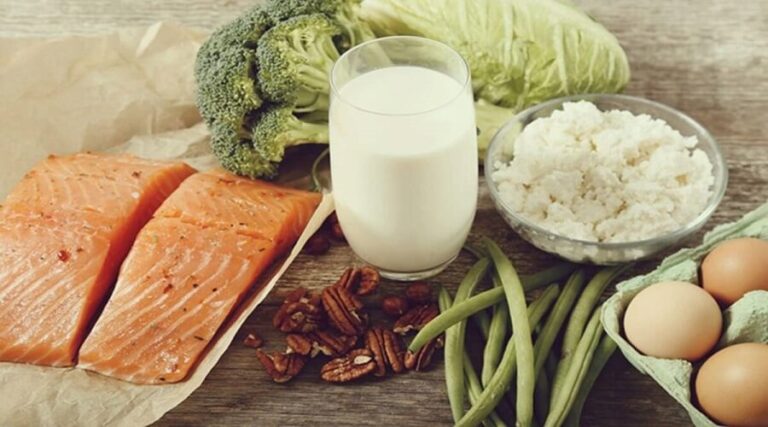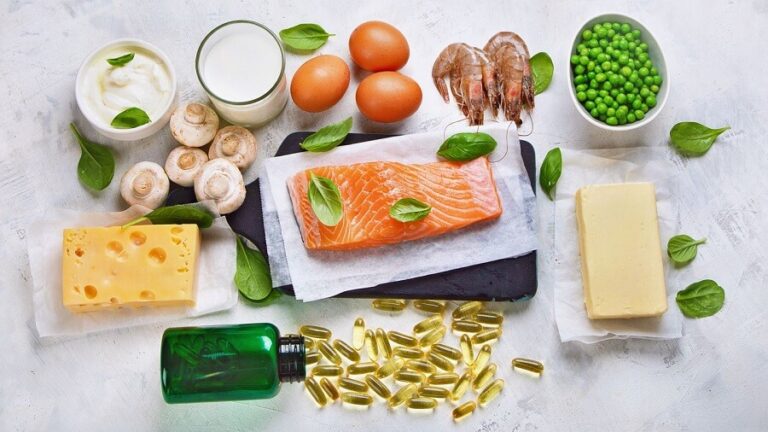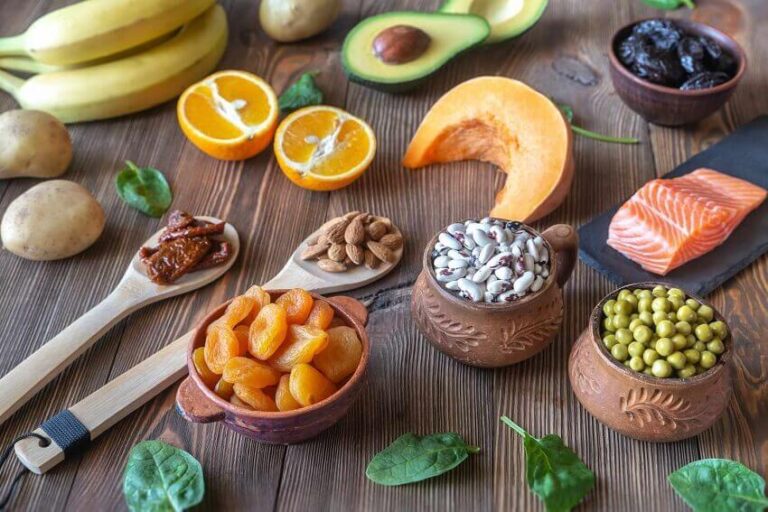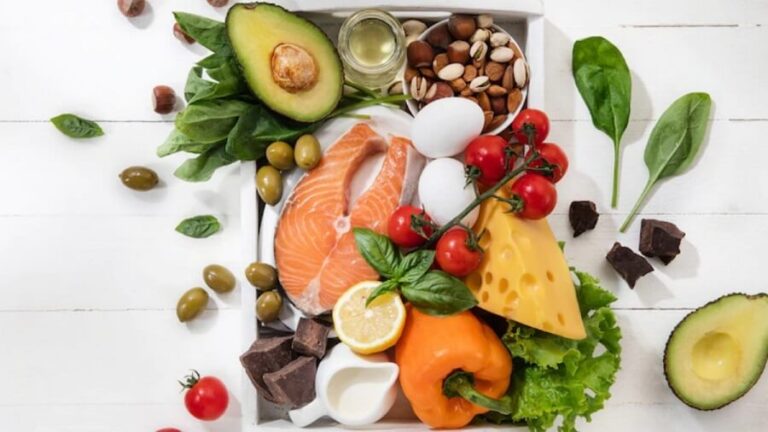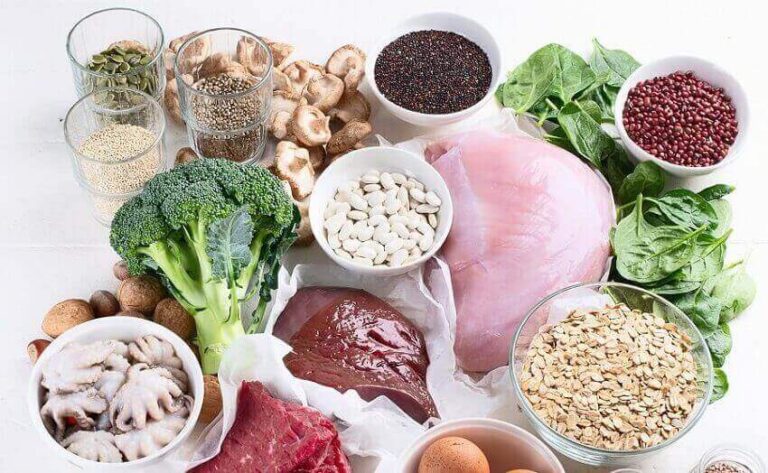Zinc is an essential mineral that serves various functions in the body. Zinc is needed for protein synthesis, growth, and development, as well as playing a fundamental role in the immune system, such as wound healing.
Since your body does not produce zinc, you must include it in foods that contain it.
Here are the foods with the most zinc, the recommended daily amounts, and what benefits the body.
// Read more:
- ZMA – Supplements with zinc and magnesium – What are they, and what are they for?
- Magnesium – Importance for Men
- Essential Nutrients – Function and Importance
What is zinc, and what is it for?
Zinc, zinc, or zn is considered an essential mineral nutrient. In other words, you need it, and your body cannot produce it.
For this reason, you must obtain a constant supply of food. Another way to contribute is through supplements.
Due to its role in the immune system, zinc is also added to some cold medications.
Since this mineral is part of the structure of more than 400 different enzymes, its lack can alter the body in a complex way. Immunity, the quality of hair and nails, and the production of hormones are the most affected functions. (3)
In men, inadequate intake of foods containing zinc is associated with decreased testosterone levels, reduced sperm quality, and impaired prostate function. (2)
Since the body needs zinc for the metabolism of fat-soluble vitamins and collagen, regular consumption of zinc foods helps keep these tissues in good condition. Among other things, the mineral can be used to eliminate toxic compounds such as alcohol.
Read: How to strengthen the immune system?
Foods with zinc
Even though zinc is found in many foods, many people are deficient in Zn in their diet. It is believed that 1 in 3 people in developing countries is terrible in this mineral.
Foods like seeds, shellfish, nuts, legumes, beef liver, and some cheeses are rich in zinc.
Here is a list of examples of foods with zinc and how much you need to eat per day to meet your daily needs.
- Seafood
Seafood is the leading food in zinc content. Two or three oysters or six large shrimp contain 16 mg of zinc; this is more than enough to cover your daily needs.
Read: Magnesium Rich Foods – Which Have More?
- Pumpkin seeds
Pumpkin seeds are a vegetarian-friendly product that contains a lot of zinc. 100 g of pumpkin seeds contain approximately 10 mg of zinc, almost 90% of the daily value. In addition, they are rich in protein, B vitamins, and vitamin E.
Read: Vitamin E – Benefits, Food and Amount Per Day
- Sunflower seeds
Sunflower seeds are another excellent plant-based source of zinc. 100 g of seeds contain up to 4-5 mg of zn. However, it is essential to remember that these seeds collect significant amounts of omega-6 fats, and many brands use excessive amounts of salt.
Read: Potassium Rich Foods – Because It’s Not Just Bananas
- Almonds
100 g of almonds are nuts that contain up to 4-5 mg of zinc, a figure similar to sunflower seeds. However, the amino acid composition of almonds is better. In addition, it contains beneficial fatty acids that help reduce cholesterol levels and a high content of magnesium, iron, and phosphorus.
Read: Nuts – nutritional properties Are they fattening?
- Liver
Since the liver is the main organ of the body involved in the metabolism of zinc, this is a food that contains a large amount. 100 g of beef liver contains up to 4 mg of an essential mineral, and the degree of absorption is as high as possible. However, you should eat 200-300 g of liver a day to meet the norm.
Read: Foods with iron, which have more?
- Meat
On average, 100 g of beef steak contains 3 to 8 mg of zinc. First of all, the actual figure depends on the living and feeding conditions of the animals: grass-fed meat has a higher nutrient content than industrial meat.
Read: Meat Diet – What is it? Benefits and Contraindications
- Lentils and legumes
Although lentils and other legumes contain up to 5 milligrams of zinc per 100 grams, they also contain phytic acid, an antinutrient that can make it challenging to absorb zinc during digestion. To neutralize it, it is recommended to wash them well before cooking.
Read: Red Lentils – Benefits, Uses, and Properties
- Peanuts
Peanuts (like peanut butter) are another healthy product that contains zinc. 100 g of peanuts contain up to 4 mg of zn; in butter, there is about 3 mg. Also, peanuts are rich in magnesium and phosphorus.
- Hard cheese
Natural hard cheeses contain up to 3-4 mg of zinc per 100 g of product. Because soft cheeses do not require fermentation, they generally have much smaller amounts.
- Avena
One hundred grams of oats contain up to 4 mg of zinc, beating any other cereal, including wheat and rice. Even considering its lower absorption percentage, oatmeal can be regarded as an excellent source of zinc in your daily diet. Additionally, oatmeal has many other benefits.
Read Oats – Benefits, uses, and properties.
Recommended amount per day
The recommended amount of zinc per day is 10-15 mg for adult men and 7-12 mg for women. In adolescents, the figure ranges from 9-11 mg. You drink from 2 mg to 6 mg per day in children and babies. (1)
Note that the need for zinc increases with sports, active sexual life, as well as in the case of blood loss from various natures.
Not reaching these amounts can cause various symptoms in the body. Acute zinc deficiency is characterized by memory impairment, depression, decreased visual acuity, irritability, and fatigue. The development of allergic diseases, weight loss, and reduced testosterone levels are other possible consequences.
Read: How to increase testosterone?
ABSTRACT
Zinc is the second most common mineral in the human body (after iron).
Zinc is required for hundreds of different chemical reactions, enabling the body to perform an immune function and metabolic health.
Your body does not produce zinc, so you must include it in food. Some foods rich in zinc are shellfish, nuts, seeds, and meats.


